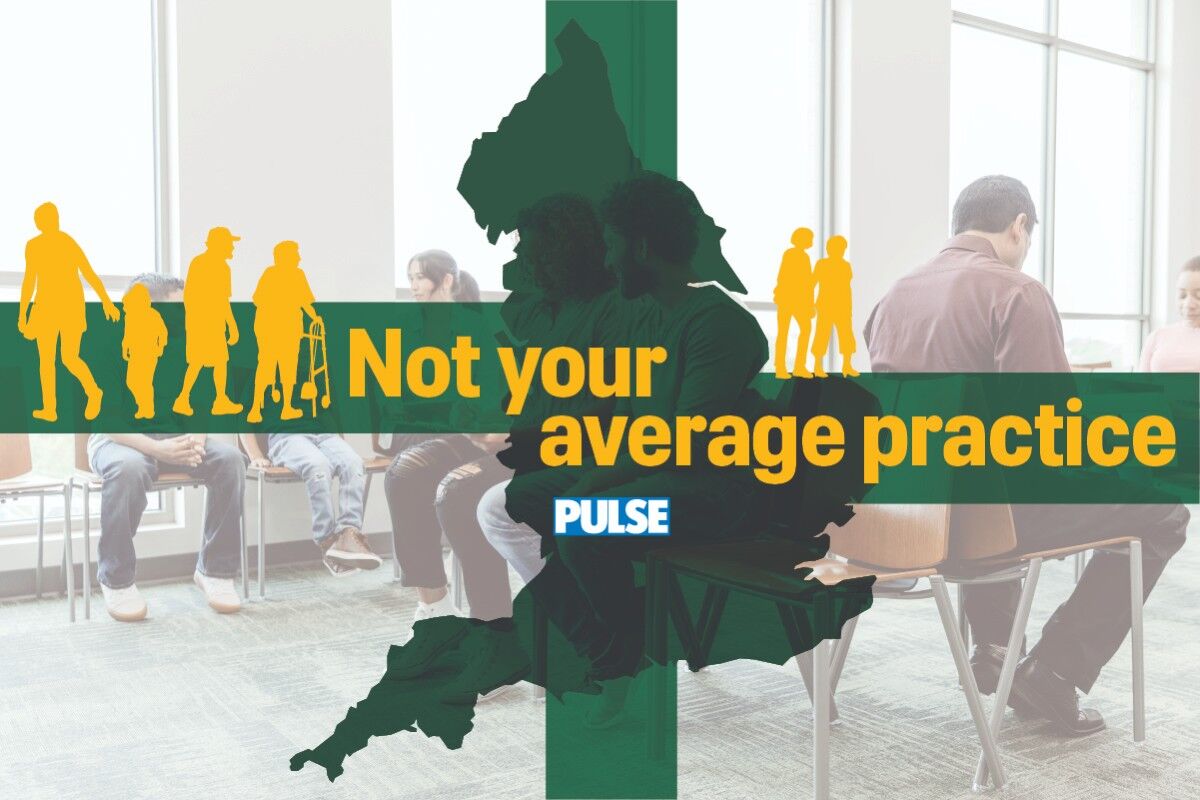The BMA is setting up its first-ever ‘strike fund’ in preparation for potential ballots on industrial action by junior doctors and other types of doctors.
The fund will initially support junior doctors but could also be used to support GP industrial action, if it were to take place.
Last month, the BMA gave the Government an ultimatum to commit to restoring junior doctor pay by the end of this month or face industrial action.
It today said it is making ‘up to £2 million available from its reserves to help meet the financial requirements for ballot preparations and other steps towards industrial action by doctors’.
The funding ‘will be released if today’s deadline passes without the Government committing to restoring junior doctors’ pay to levels equivalent to 2008/9’, it announced.
It added that while this funding will support junior doctors ‘in the first instance’, it will ‘also serve to support any future industrial action which might be taken by doctors in other branches of practice who are BMA members’.
The BMA is also taking steps to create a ‘strike hardship fund’ through donations to ‘support doctors who want to take part in industrial action but may be reluctant to do so because of financial difficulties’, alongside the £2 million, it said.
The BMA had demanded that the Government publish plans to remedy 14 years of pay reductions for junior doctors.
It today said: ‘Whilst there are still a few hours in which the Government can set out its proposals, the BMA is preparing for there being no suitable response.
‘Indeed, since the BMA wrote to the Government to call for a pay restoration plan, the Secretary of State for Health and Social Care, Dr Thérèse Coffey, has totally ignored the Association’s invitation to meet with senior members, making her very possibly, the first health secretary in over 50 years to do so.’
BMA council chair Professor Philip Banfield said: ‘Even at this late stage, we are calling on the Government to meet with us and discuss the very serious concerns right across the profession about the state of the NHS and the cuts to pay and pensions which are driving doctors out of the health service.
‘This is the first time in its long history that the BMA has created a strike fund; it is a sign of our commitment that we are making these resources available. It represents a significant step forward in our ability to support members taking action in defence of the NHS, the profession and our patients.’
BMA junior doctors committee deputy chair Dr Brendan Donnelly added: ‘The Government still has an opportunity to meet with us and negotiate a fair settlement – but if it continues to refuse do so then this Government has failed not just doctors but patients.
‘Following today’s announcement ministers should be in no doubt that we are ready to take action.’
The BMA’s junior doctors committee will meet tomorrow to consider any response it may have received from the Government and its next steps.
Any decision to ballot members on industrial action must also be approved by the BMA council, the principal executive committee of the BMA.
The executive team of the BMA’s GP Committee for England was given a mandate to ‘immediately escalate discussions with BMA Council’ on industrial action in response to the GP pay announcement back in July.
However, the BMA has told Pulse that it remains in the early stages of preparations for any GP industrial action.
Meanwhile, England’s LMCs have been asked to consider what ‘is needed’ regarding ‘collective action/industrial action’ ahead of a special LMC conference to be held in November.
The BMA’s GP Committee last week held an emergency meeting to discuss current pressures and the ‘potential actions GPs can take’ in response to Government underinvestment and ‘crippling workloads’.
Junior doctors were excluded from the pay uplift announced for other NHS workers last month, alongside GP partners.
By April 2022, junior doctors had seen their pay fall in real terms by 26.1% since 2008/9, according to the BMA.











The obvious mechanism for GPs to pressurise Government is to establish a mechanism to escape the NHS, and threaten to do so en-mass.
Something along the lines of Denplan for dentistry; a monthly premium to cover basic services, with fees for extra services.
A working party to examine in detail how this would work should be established immediately.
Remember the last “strike”? It’s no threat whatsoever.
Is this to make up for the LMCs stopping some of their contributions?
GPDF has several times this in reserves of our contributions that most of us would willingly use for this
Dr Turn off the Lights, why not supply your real name to support your contributions, comments?
You can still keep your lights on to shine a beam on your bright thoughts, but don’t remain in the shadows: be ‘Dr Shine A Light’
Calling ‘Dr’ Dave Haddock. Are you too ashamed of your views to use your real name?
I would never use my real name in a country that will scapegoat anyone to protect the establishment.I do not trust the BMA at all.After the last decade + of negotiating for GPs and what they did to the Juniors on the last attempted industrial action.Any organisation that will not publish it membership numbers(wonder why) is not to be trusted when it is supposed to represent the profession.I have relatives in the profession(senior Juniors) recently I found out that they get paid less take home than a paramedic because of the lack of unsocial hours pay and over time pay for doing more week hours than the paramedic .On top of this the paramedic has enough time to have a business and even more money outside the NHS.The BMA has let juniors down any union that expects it members to do unpaid work and allows a pay freeze which is likely to continue after Truss and co’s destruction of the economy doest deserve trust or union subs.Or money from our contributions to the LMCs.Especially when its performance for it members(how ever many they have)is decidedly second rate.As for keeping my lights on I will be turning them off in 18 months.At the moment I would rather stack shelves in a supermarket than be Medic.
The NHS was an ideological construct that delivers poorer outcomes for patients than comparable systems, whilst also failing to recruit and retain staff. Inadequate funding can no longer be be blamed as spending now over 10% of GDP, a similar level to other countries and OECD average.
We need an independent cross-party commission to produce a plan for reform. A social insurance model might well be the way forward, but we need to look at how other systems around the World work, not just Europe.
“Aux barricades !”
BMA to set up ‘strike fund” for pending industrial action plans. in he words of Greta Thunberg… Blah , blah , blah